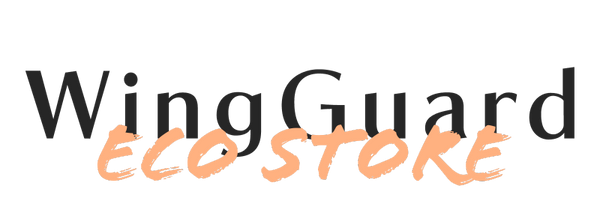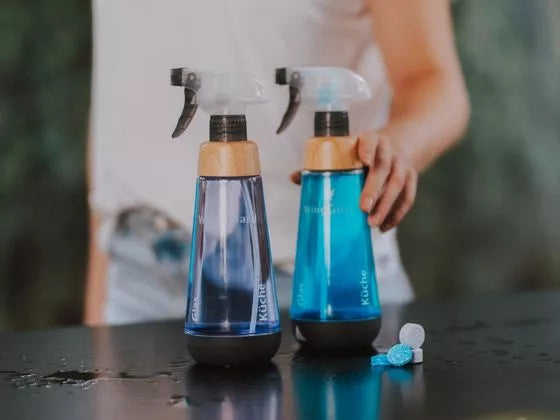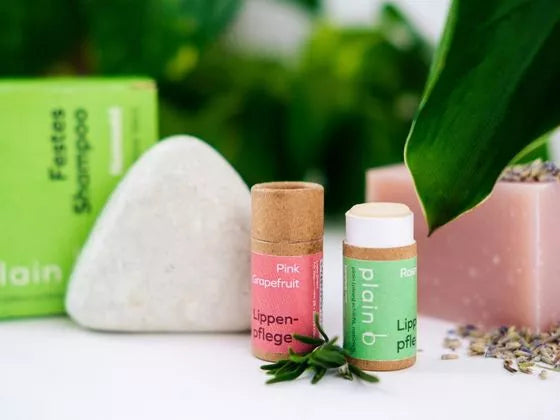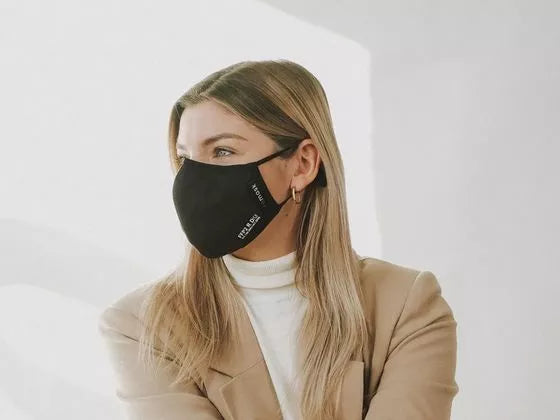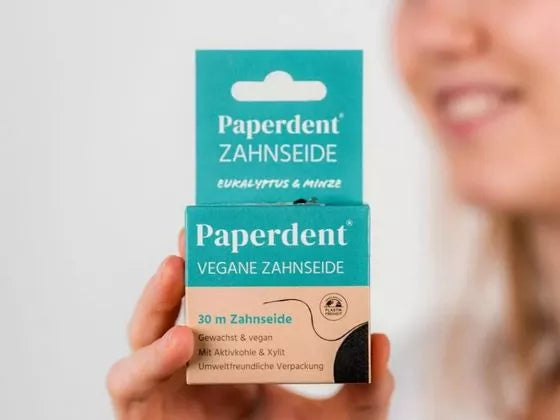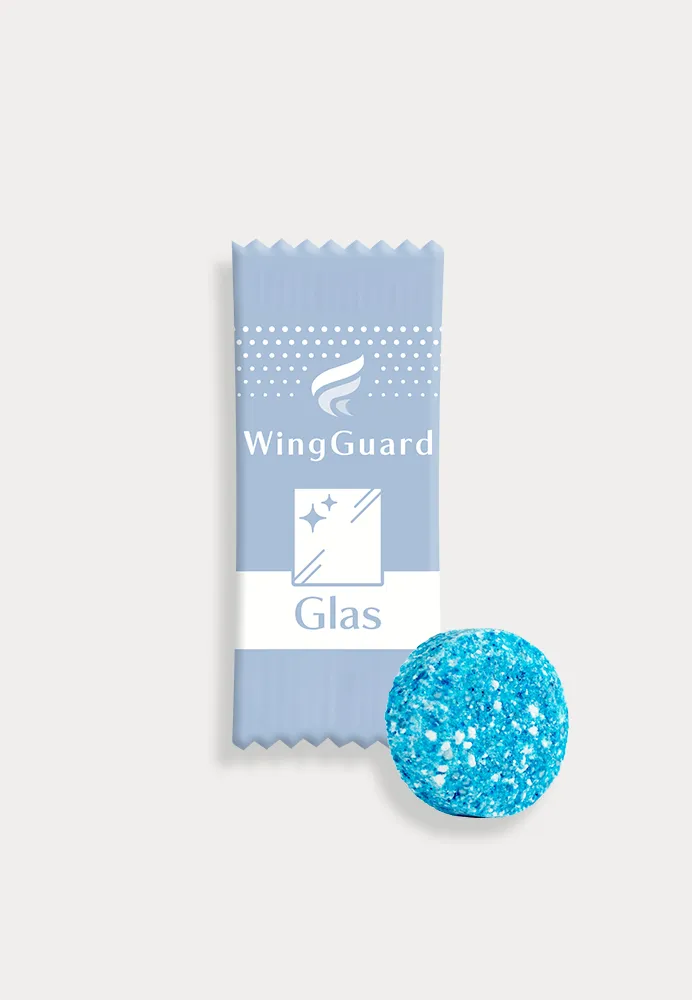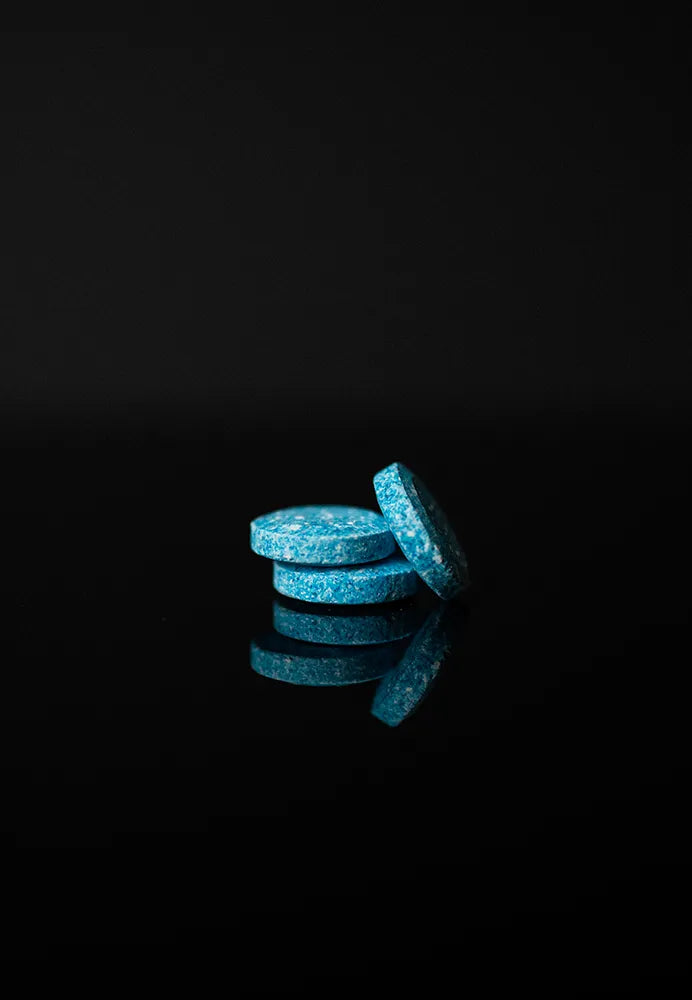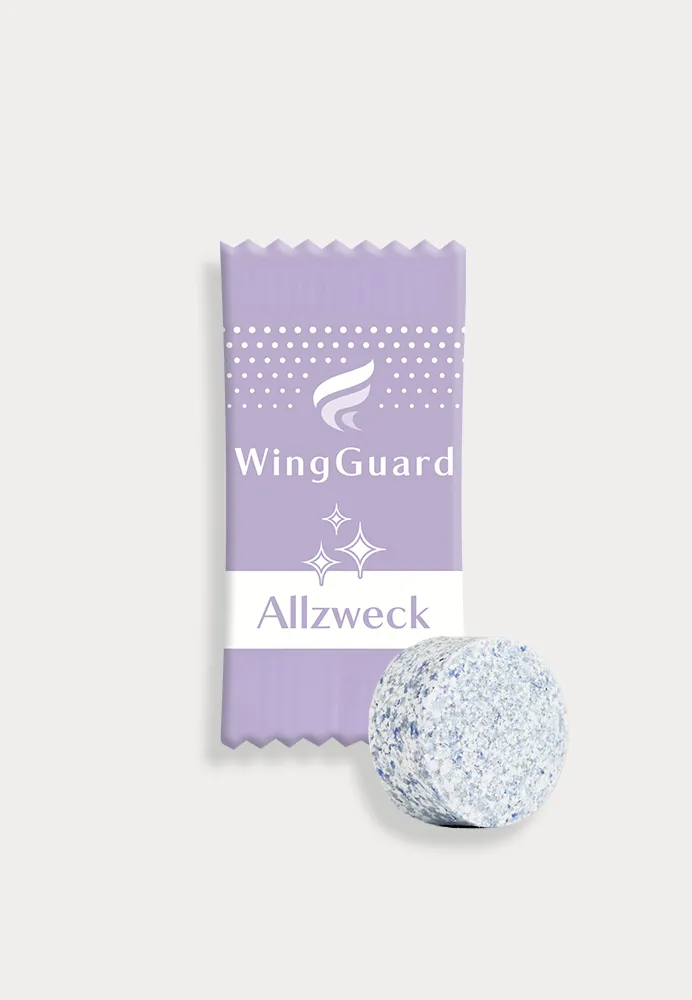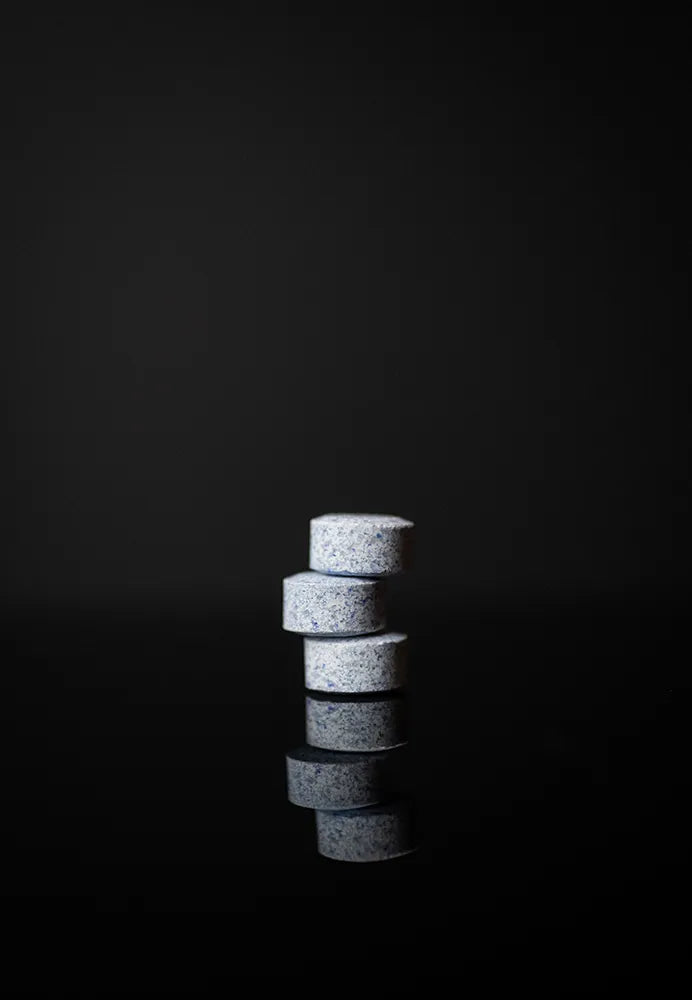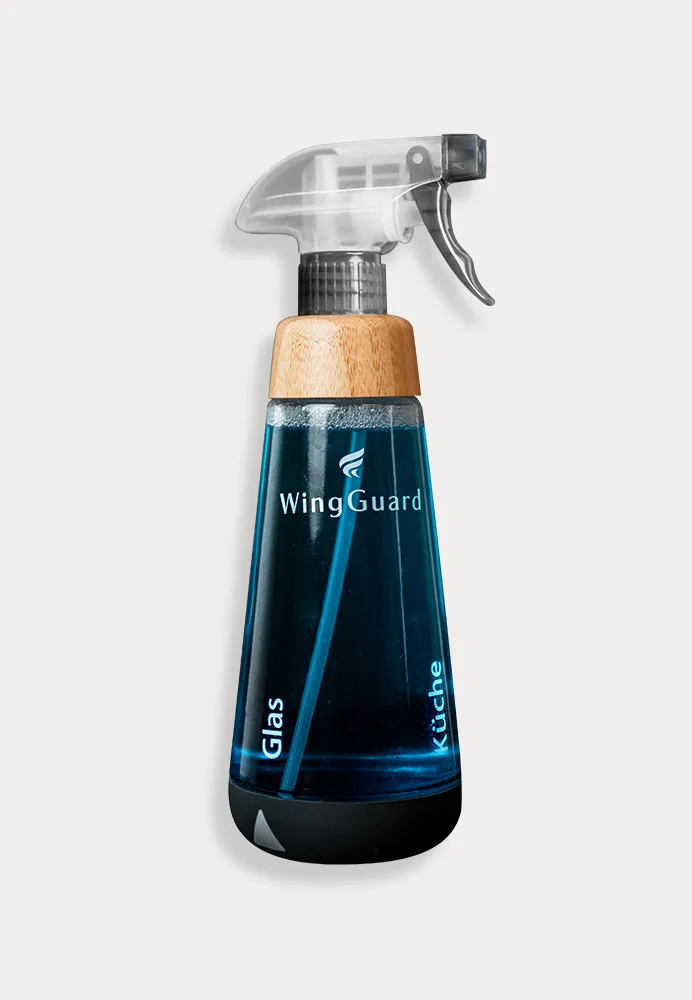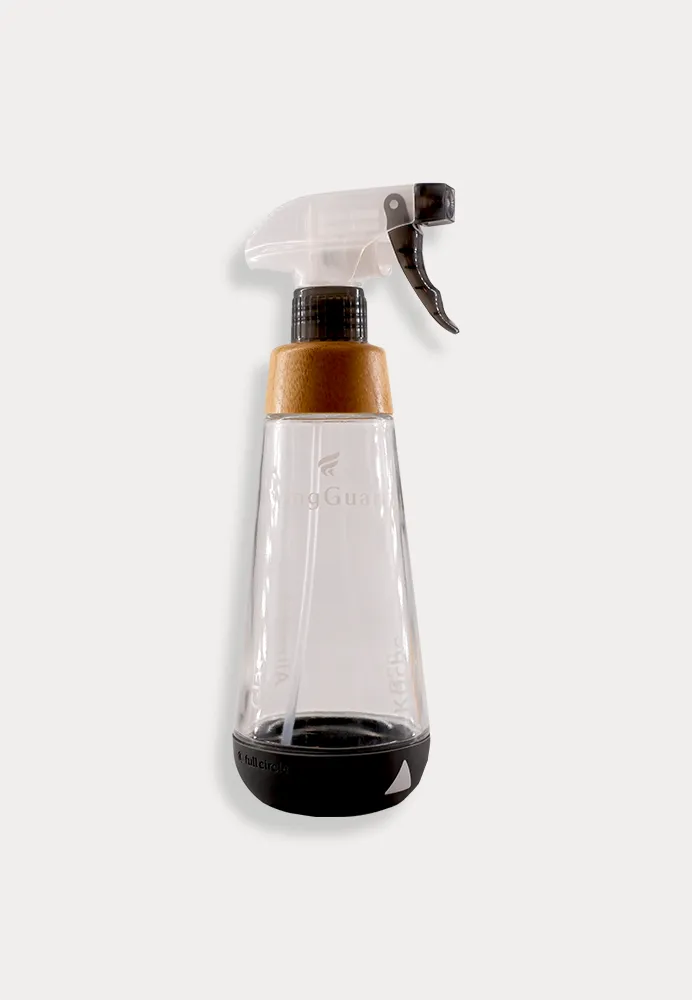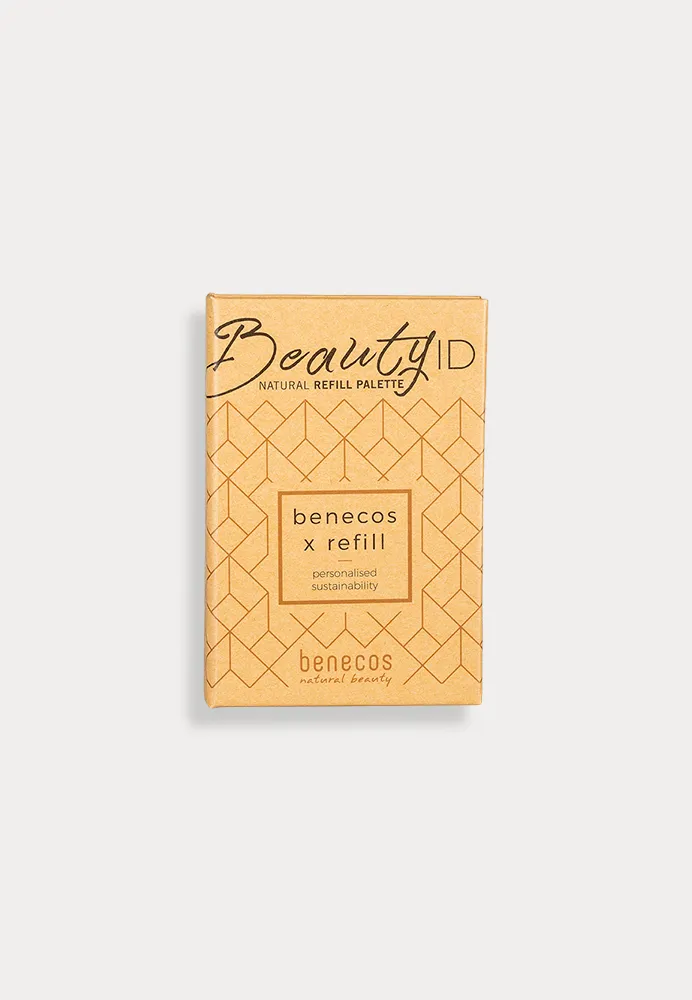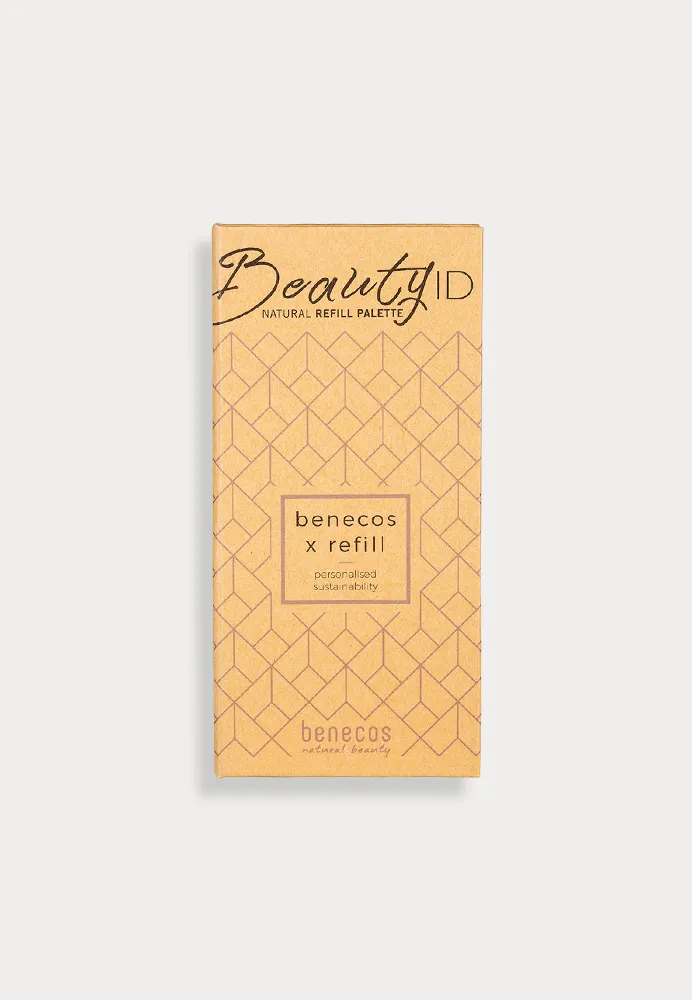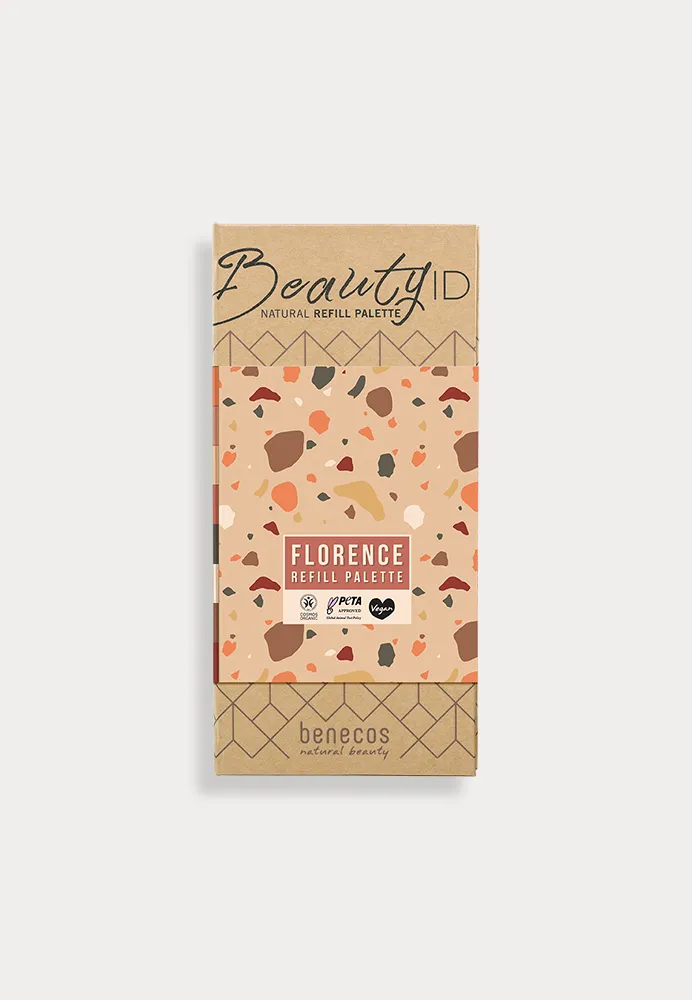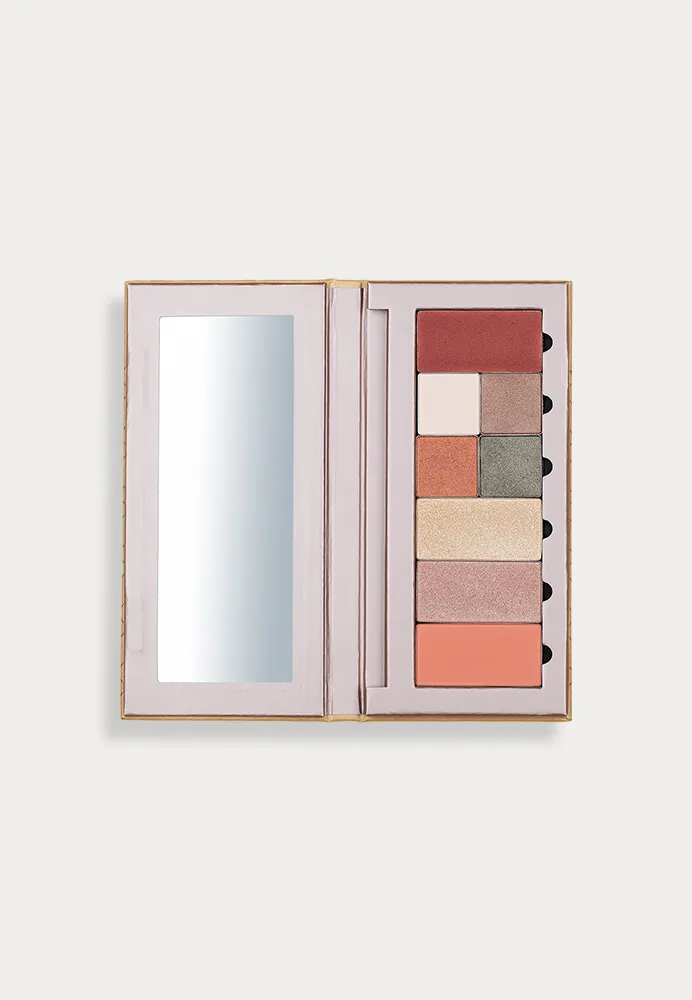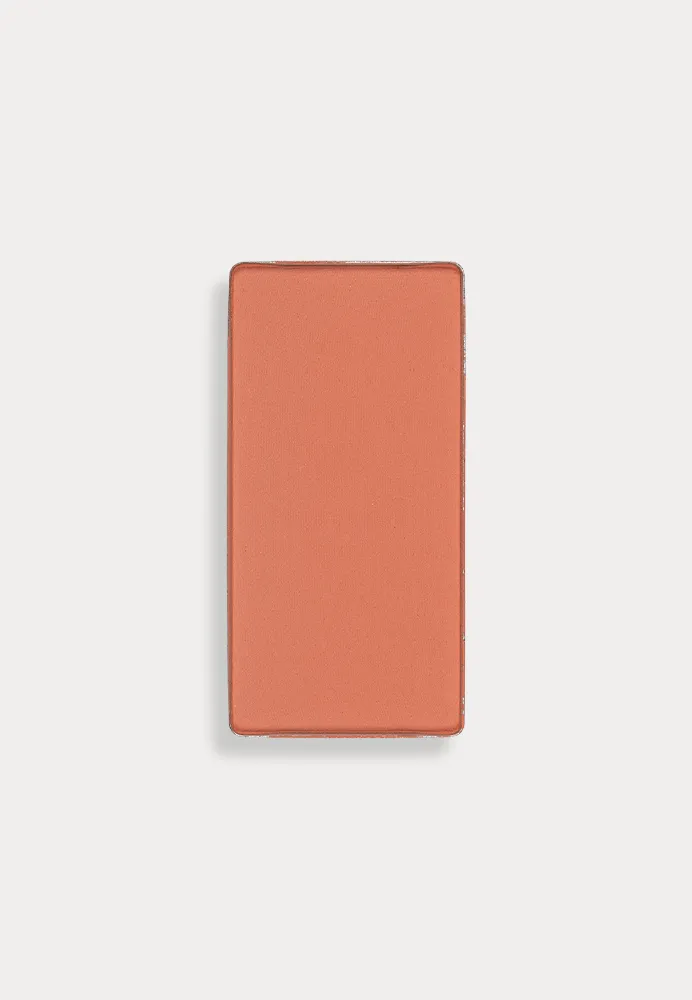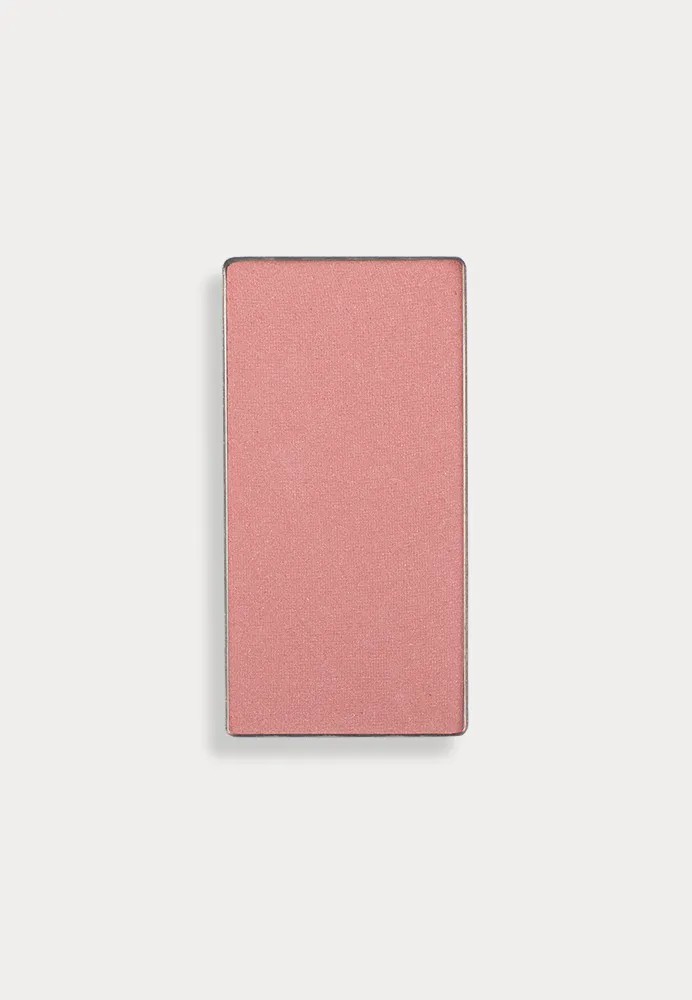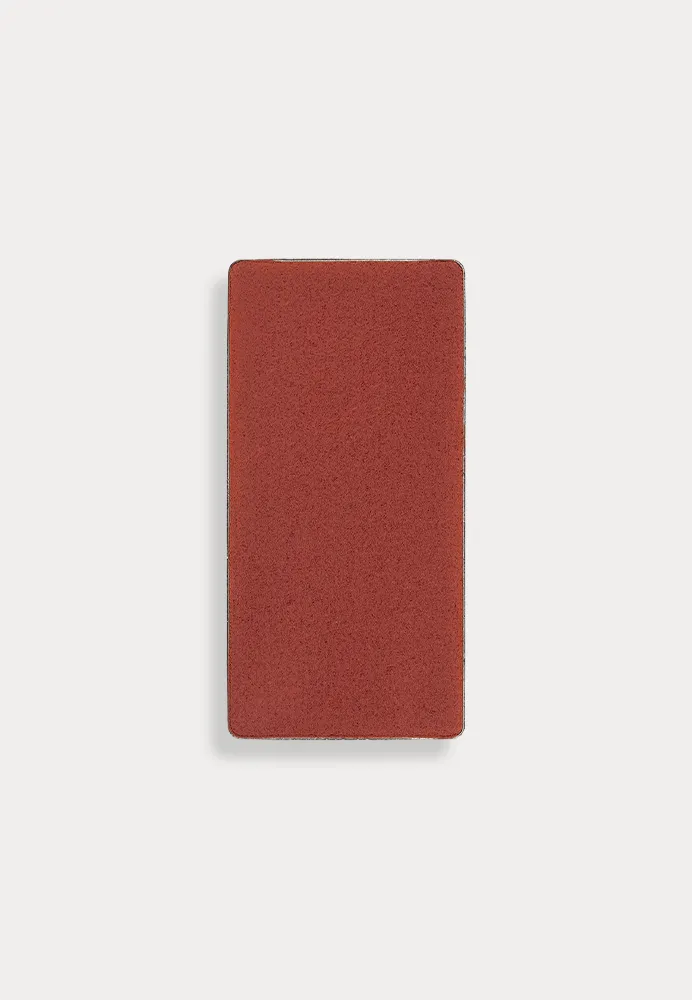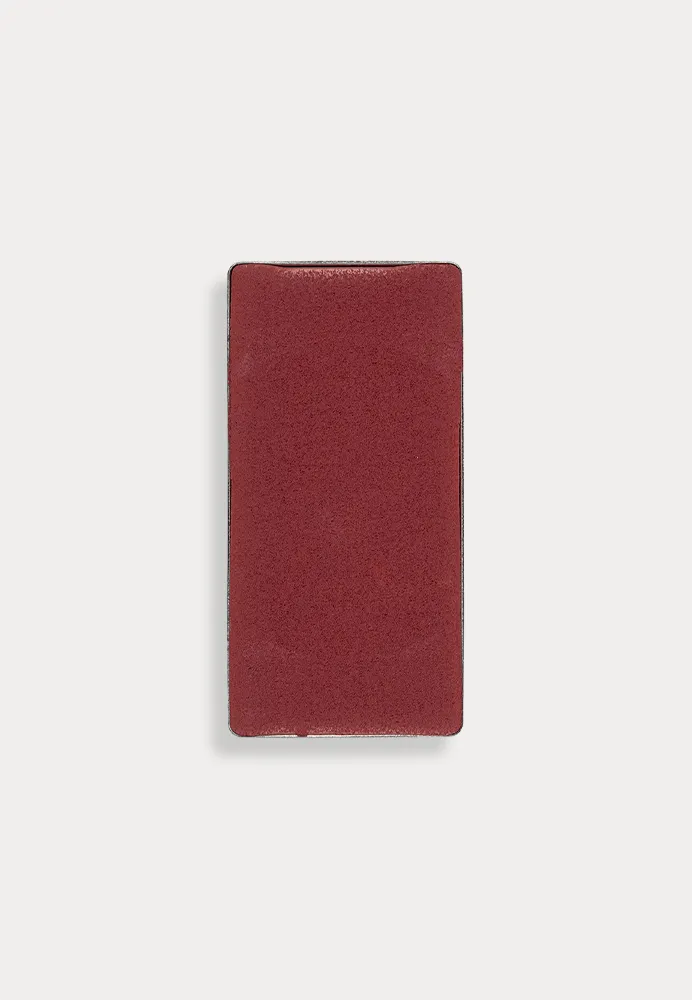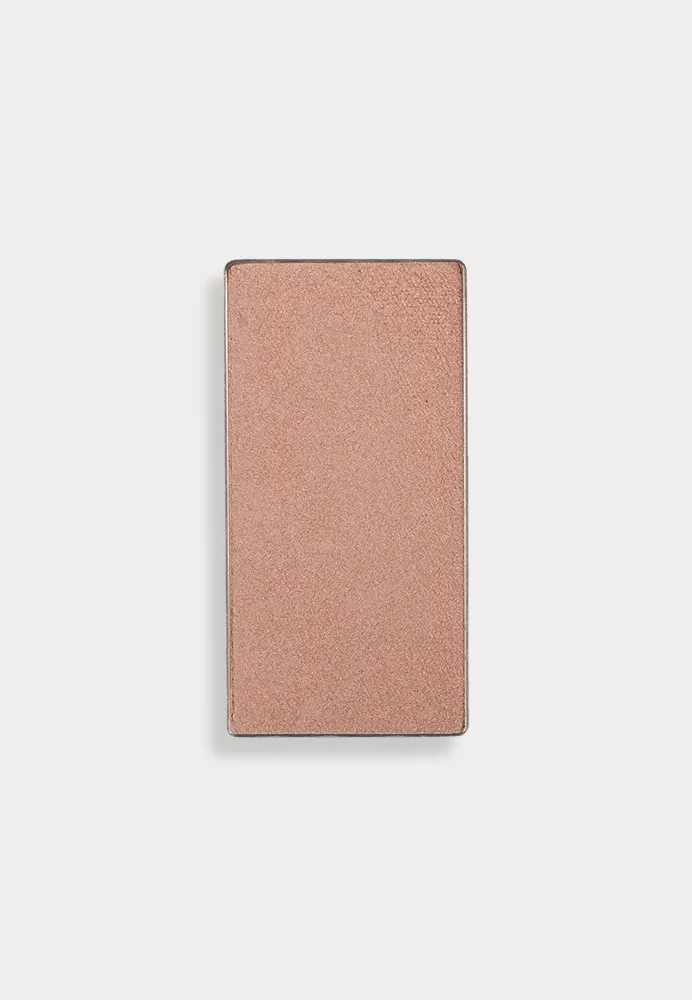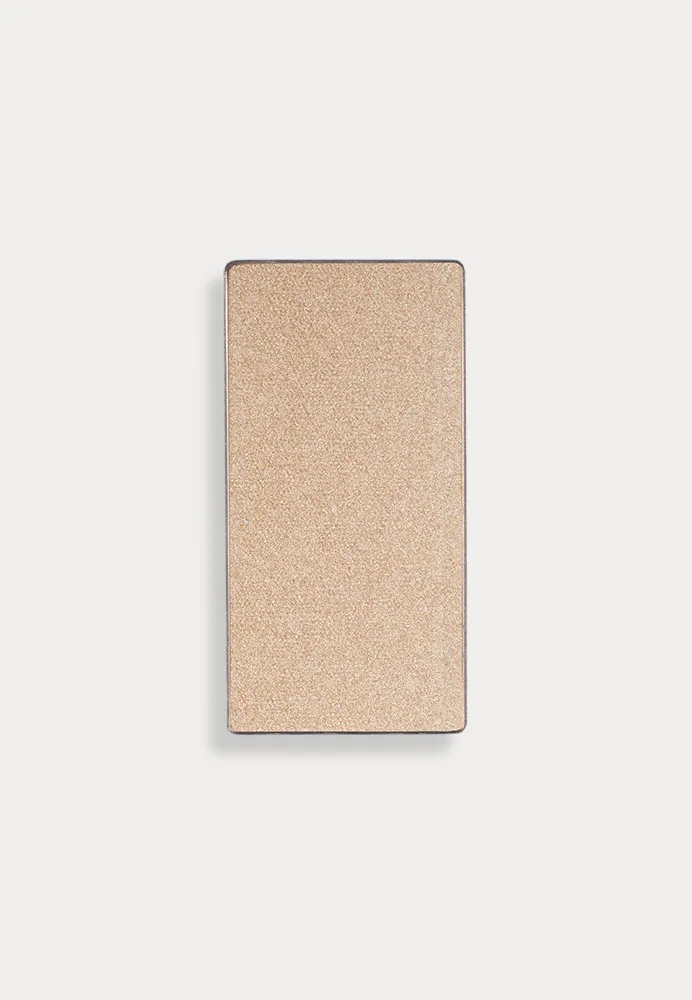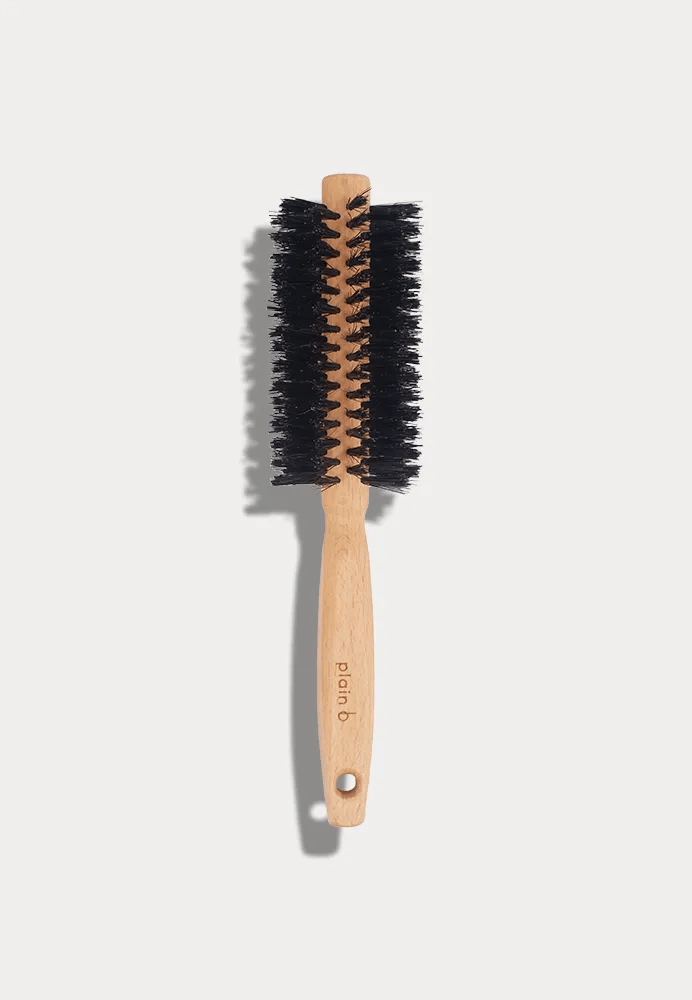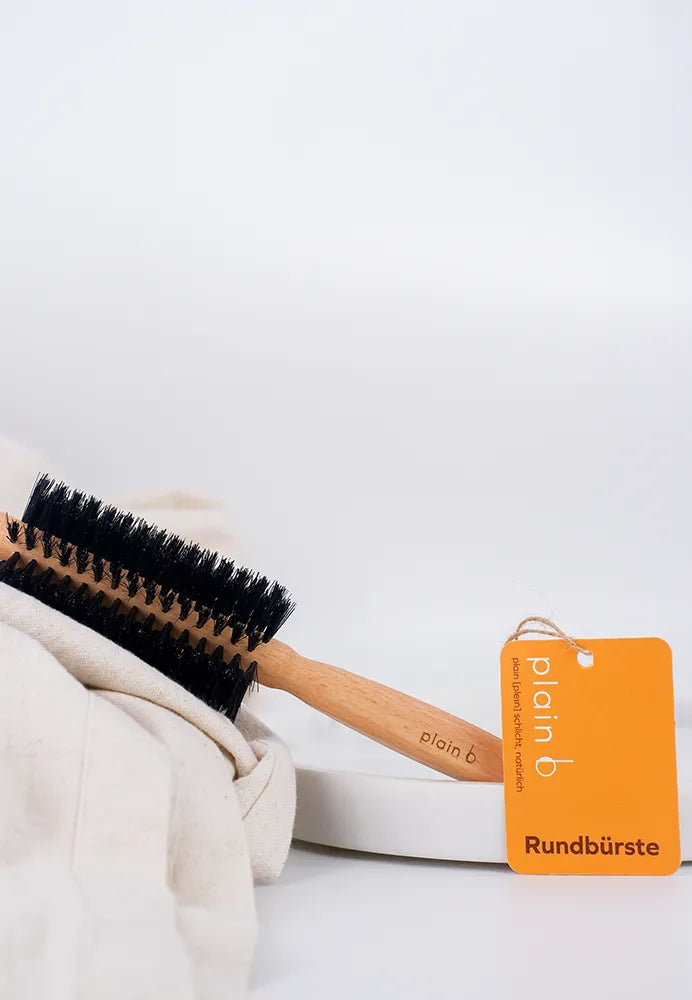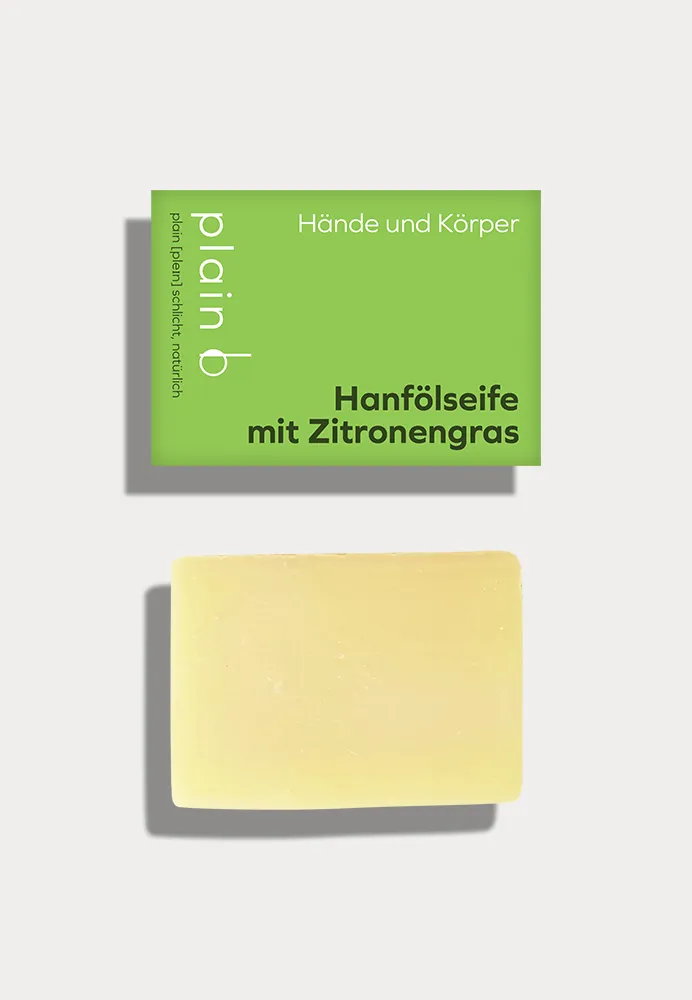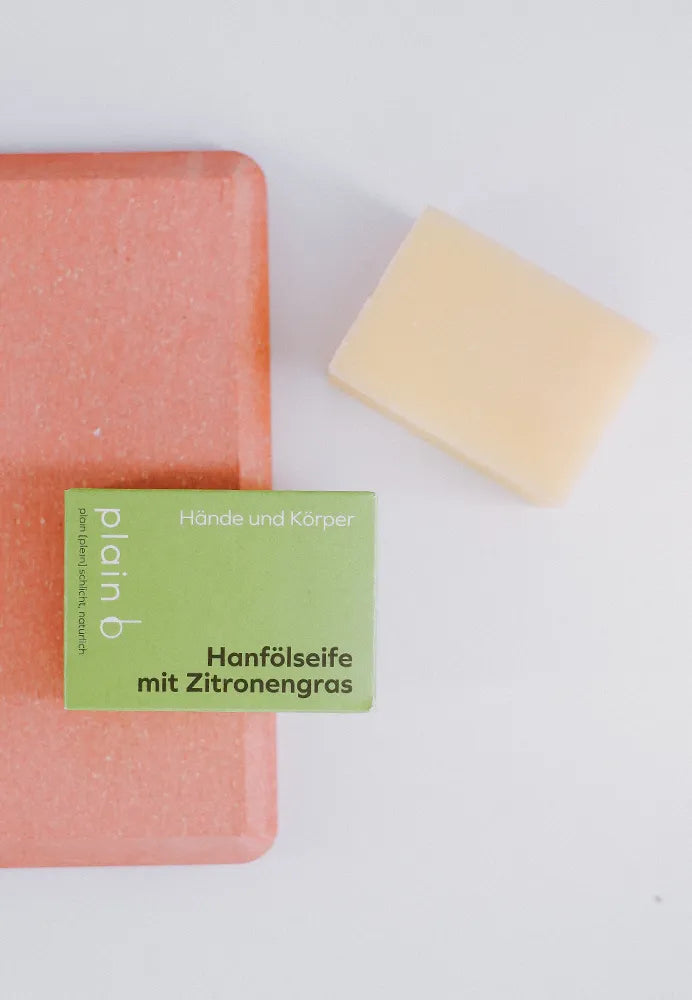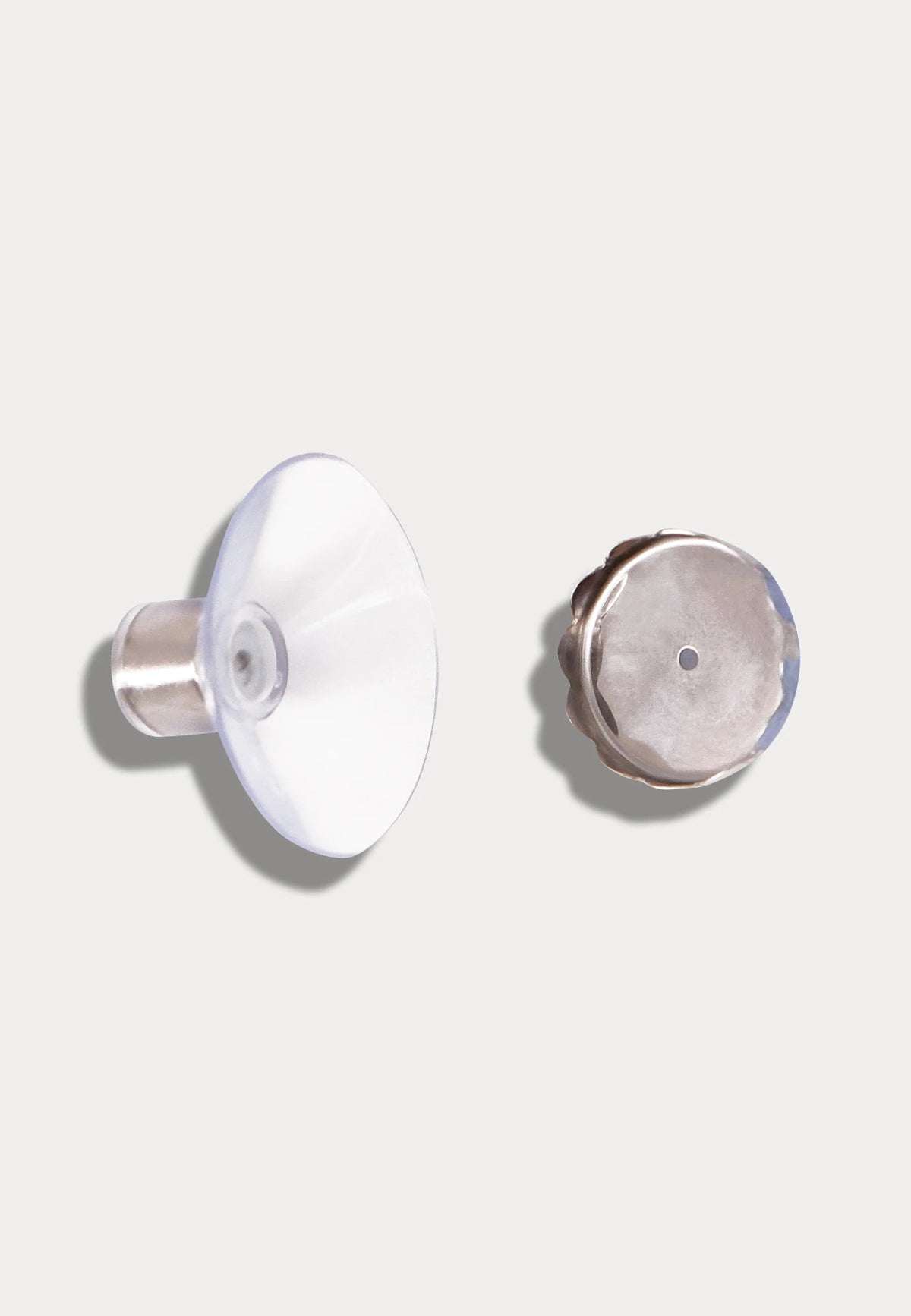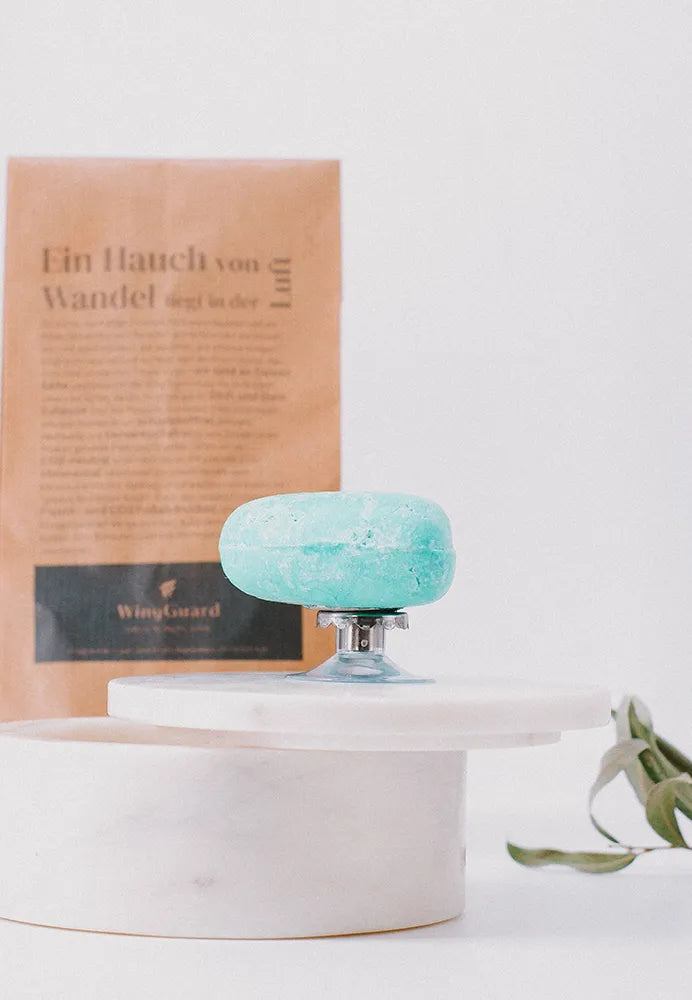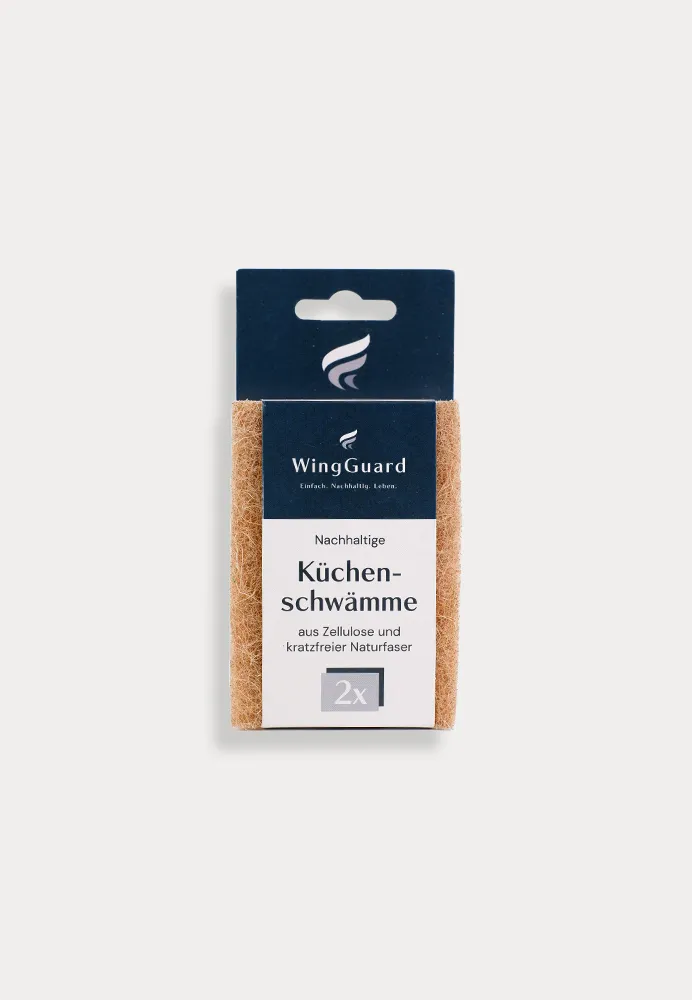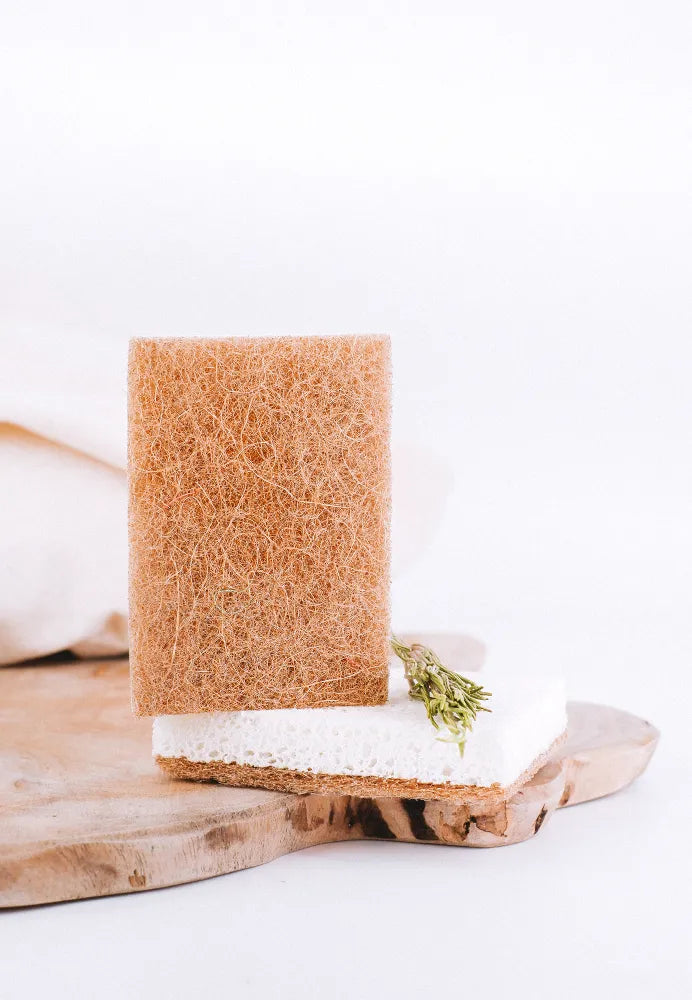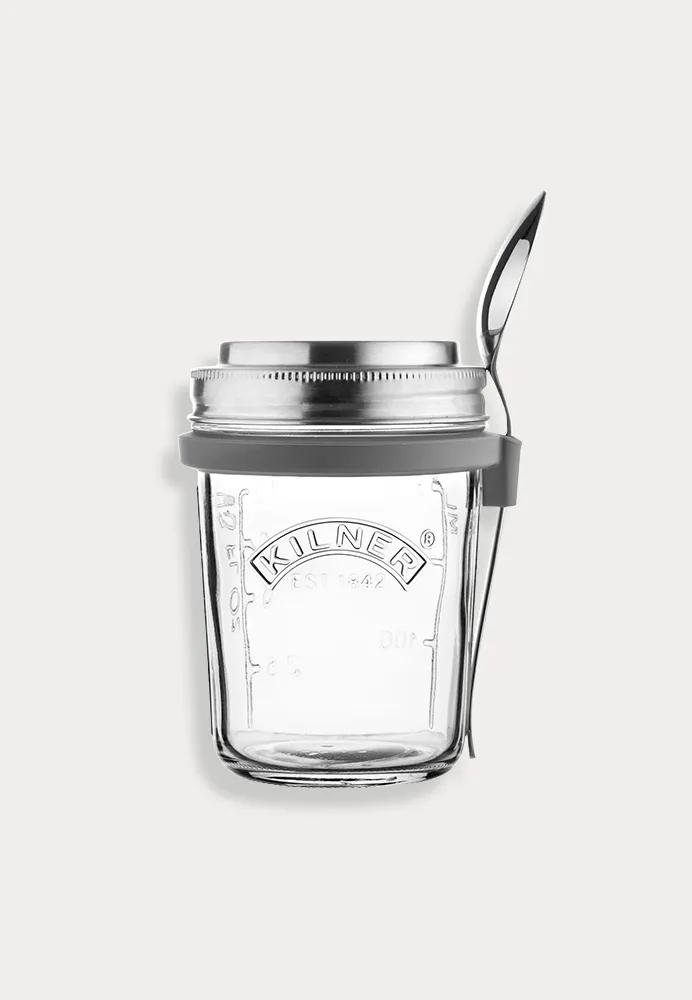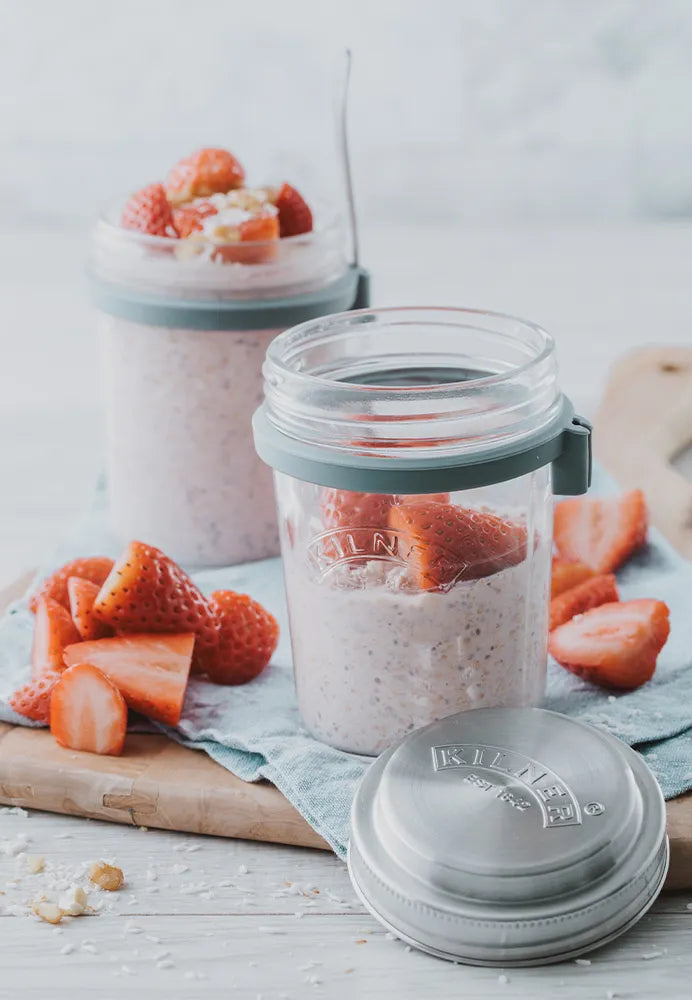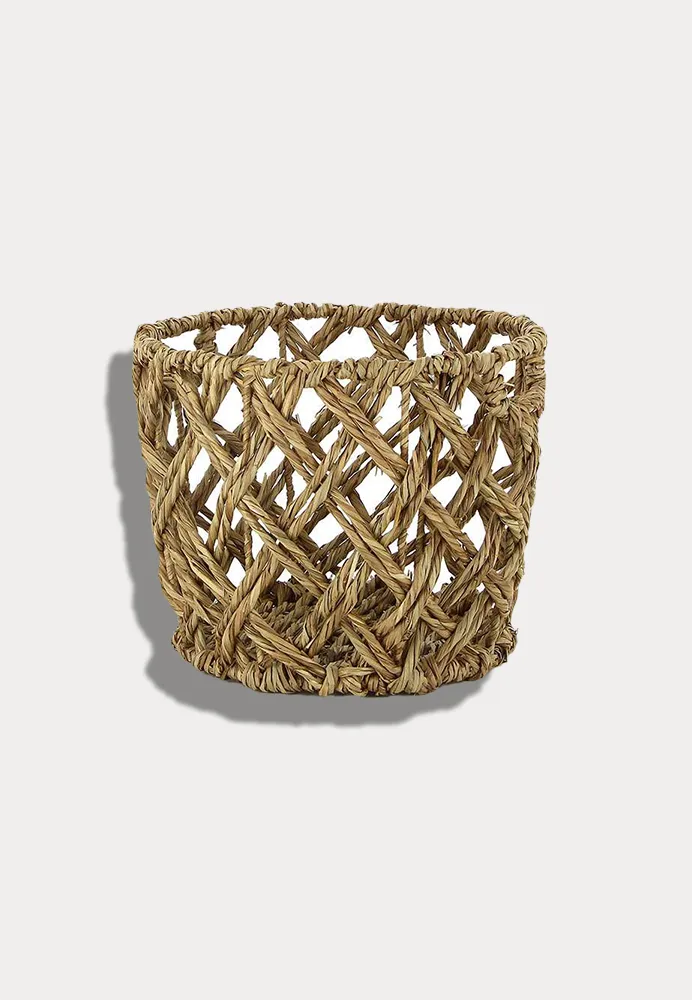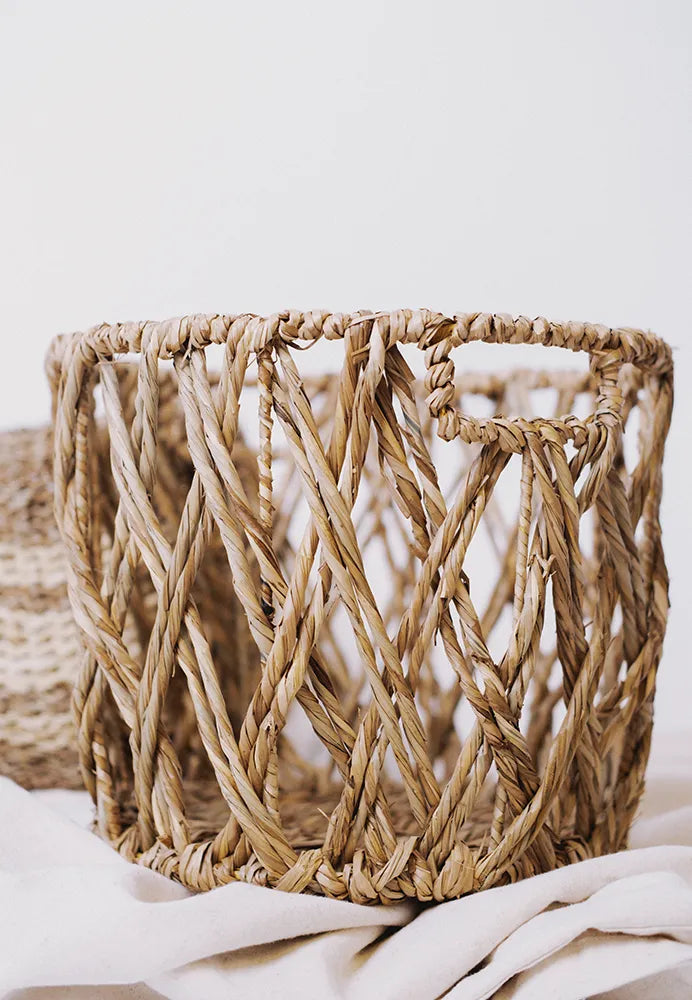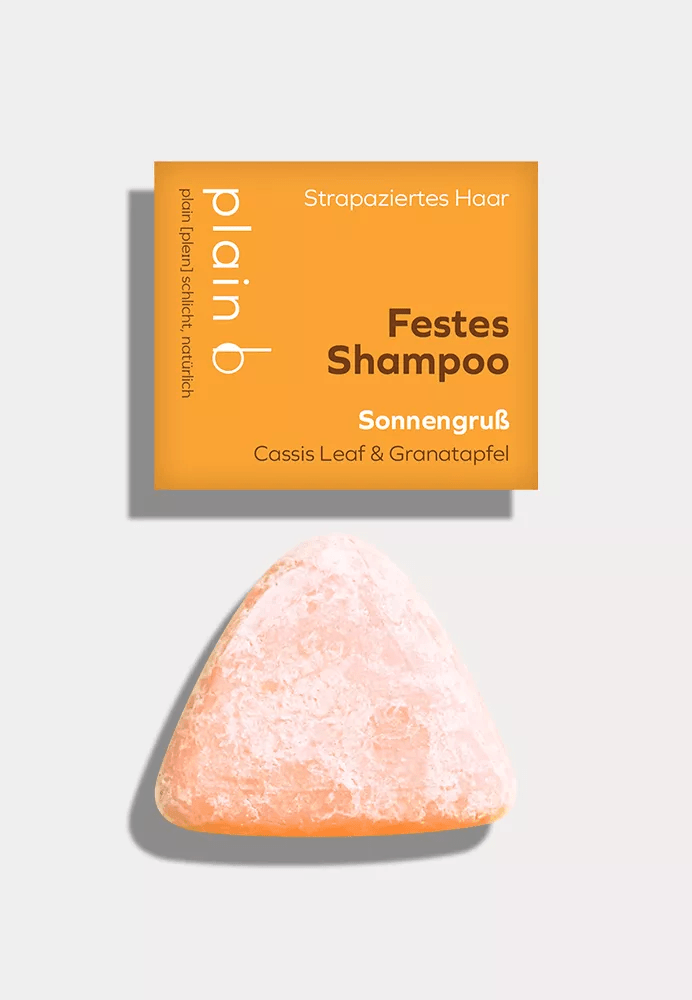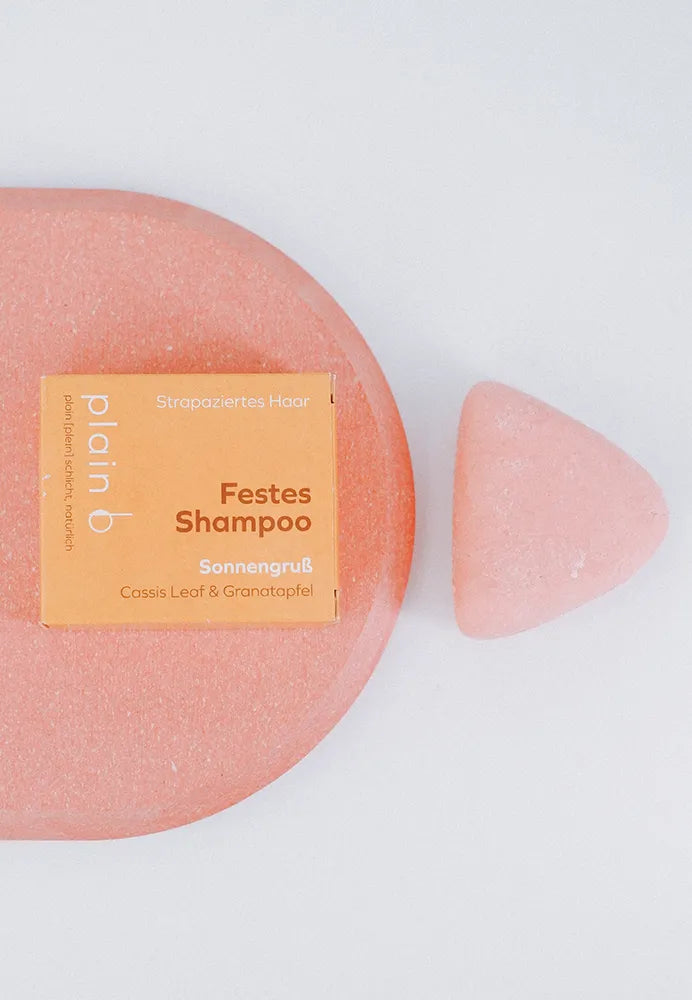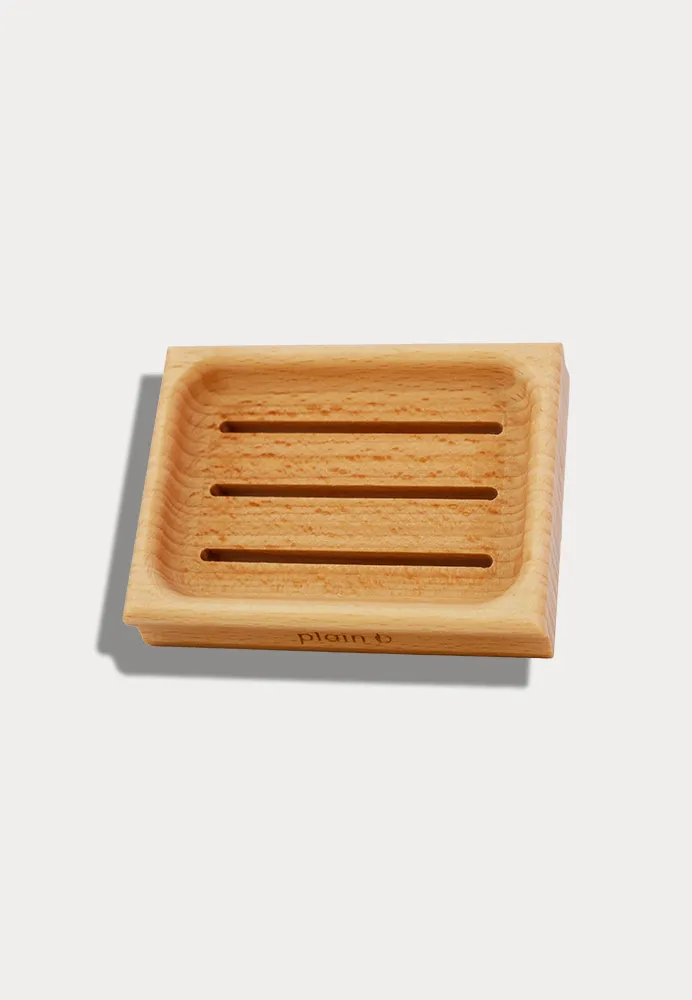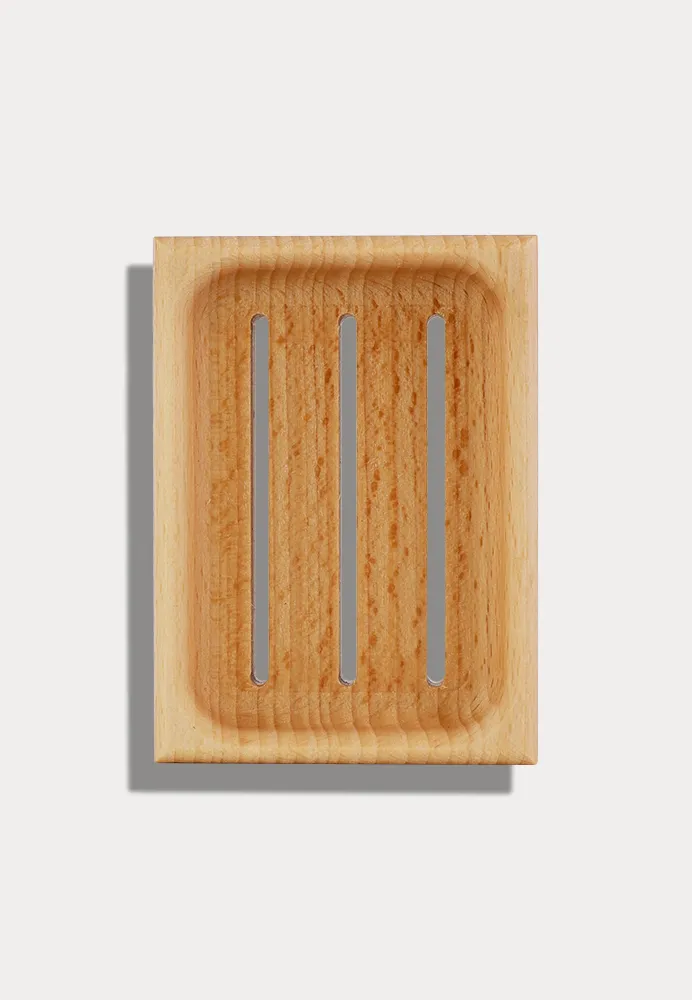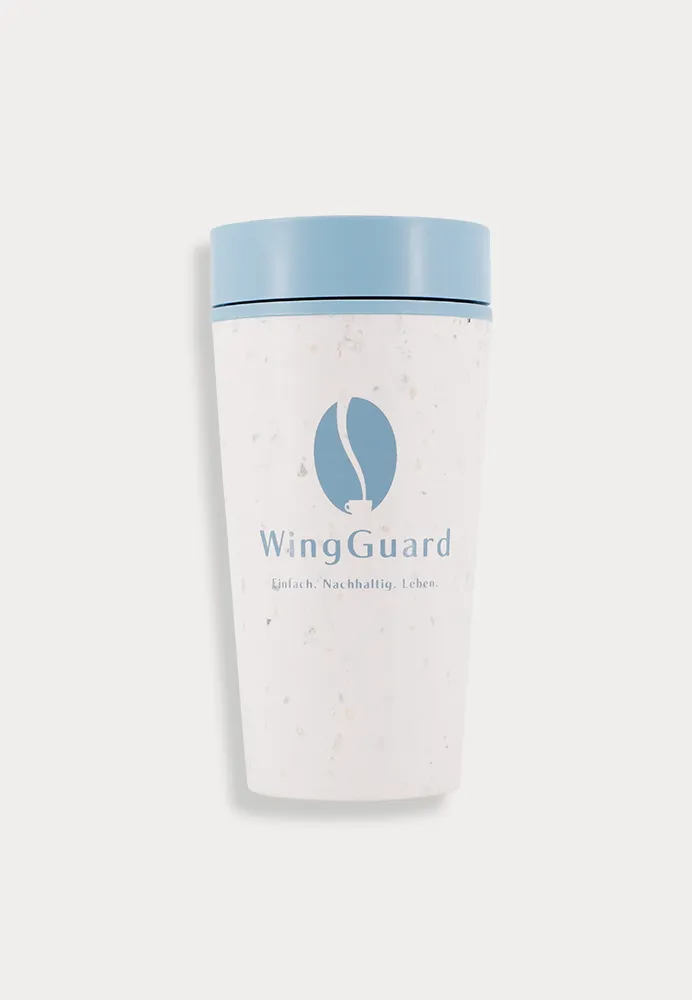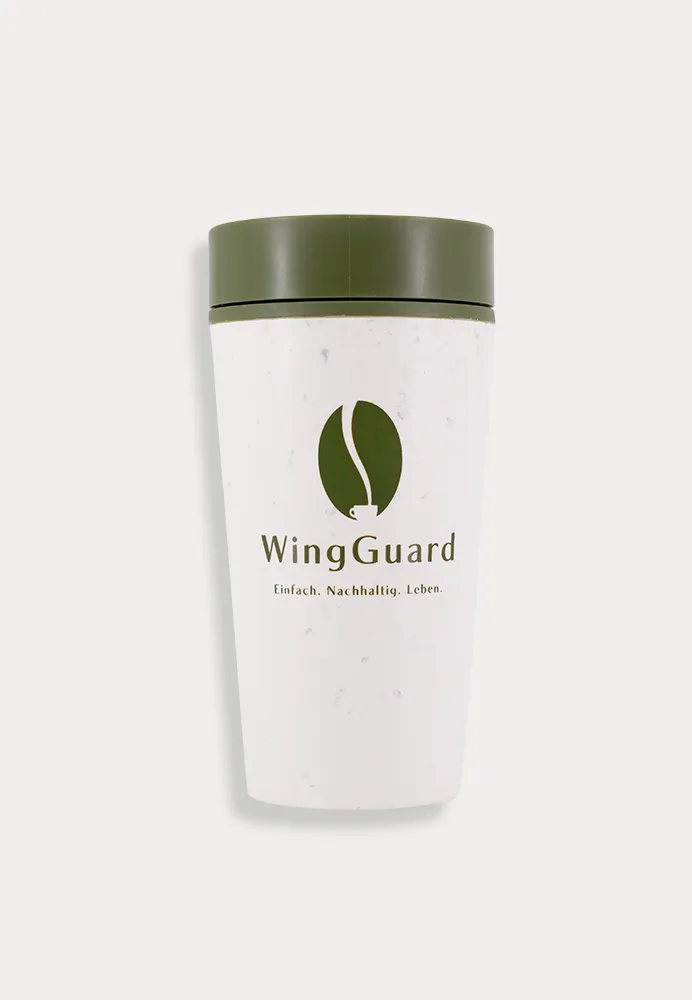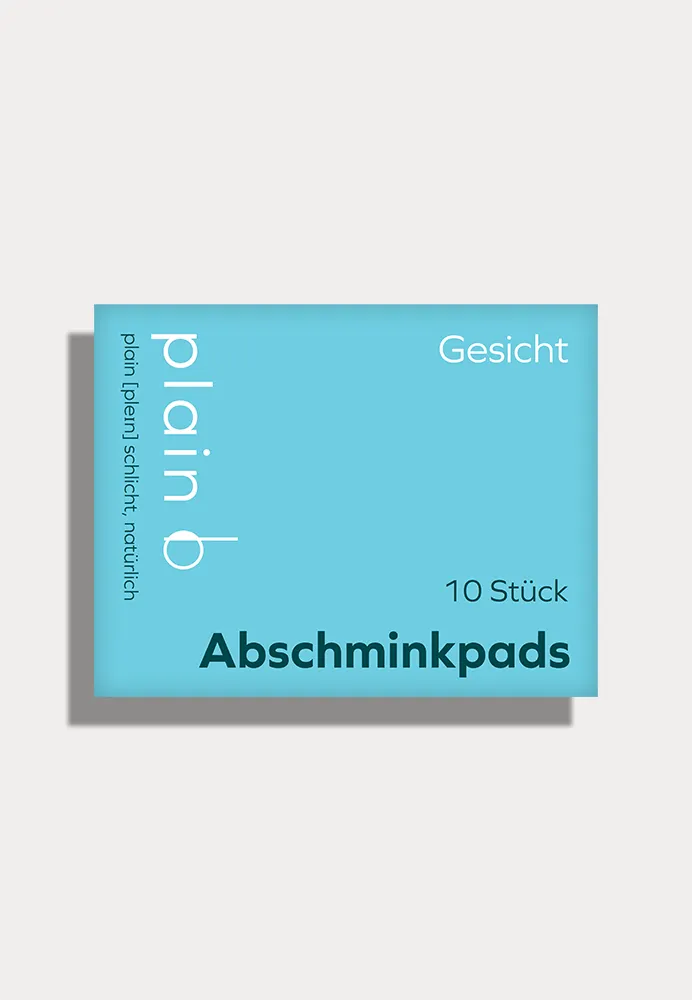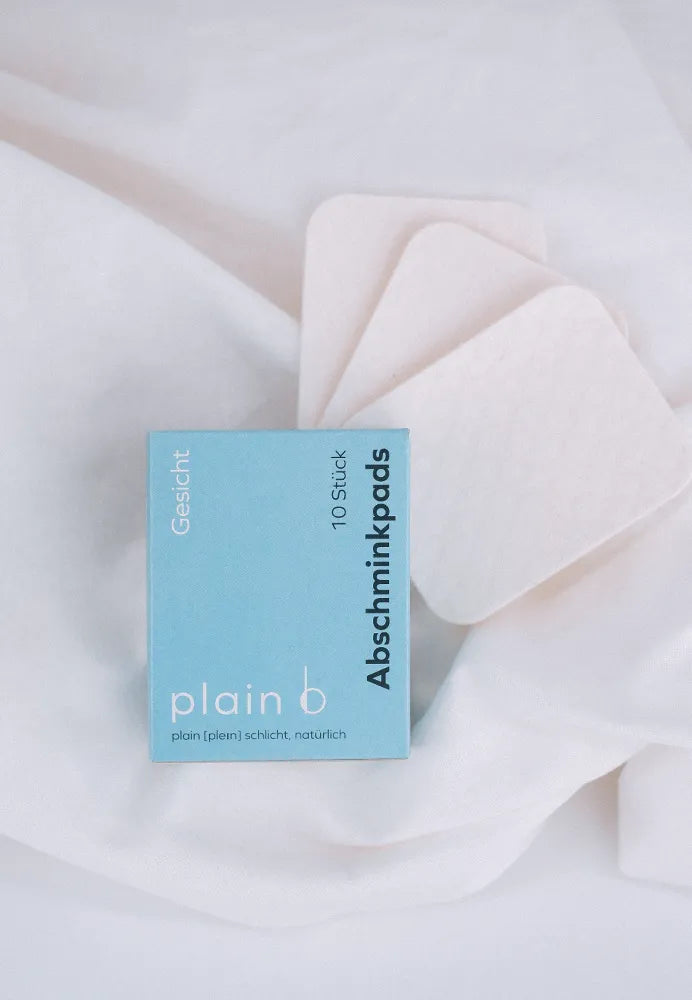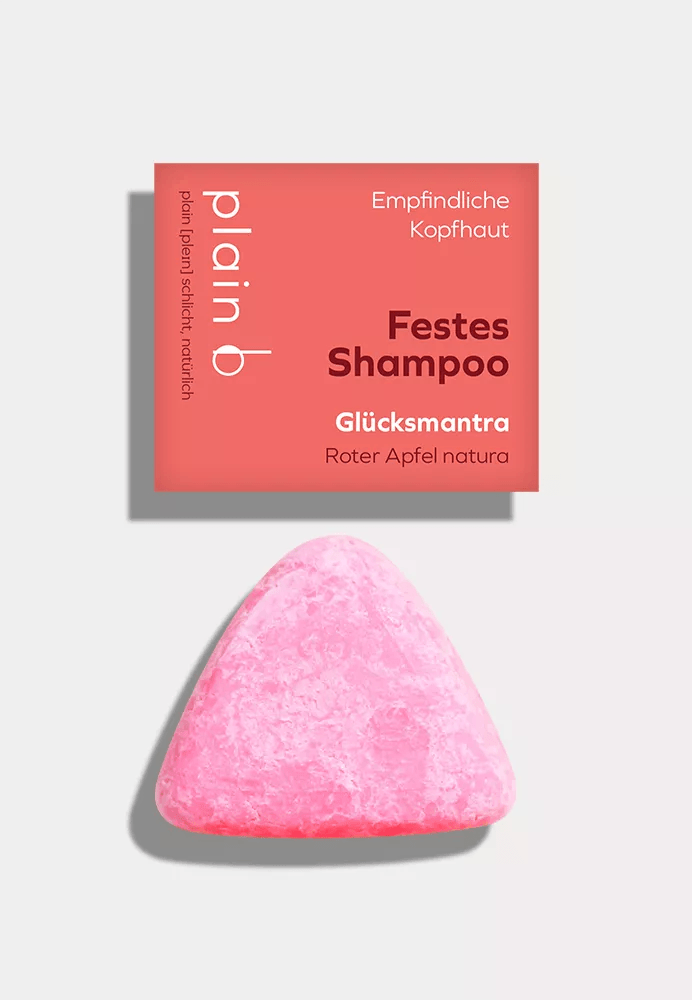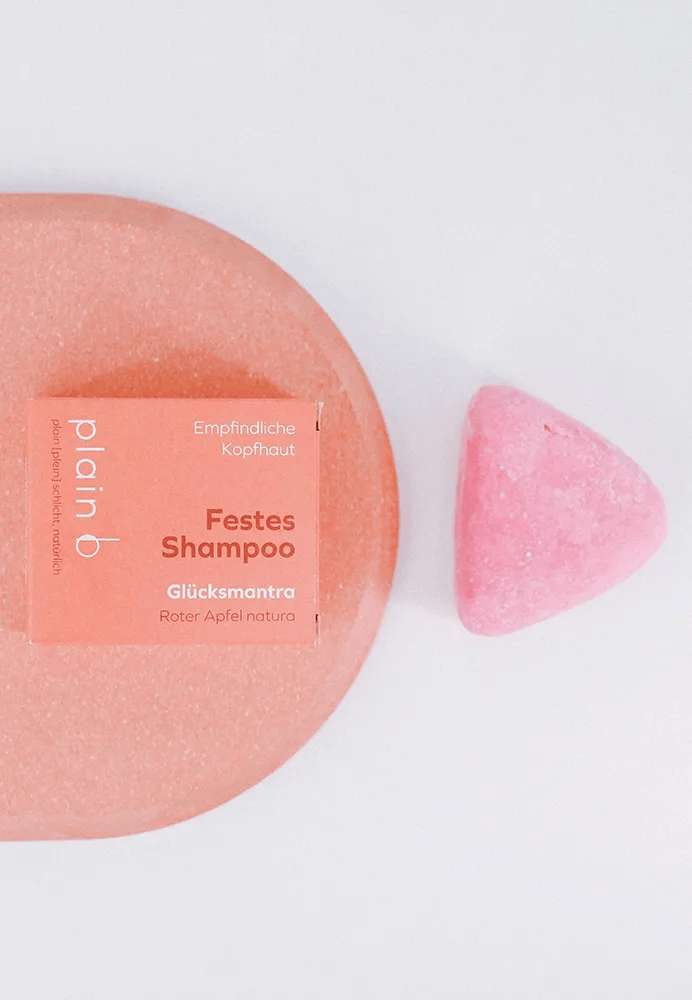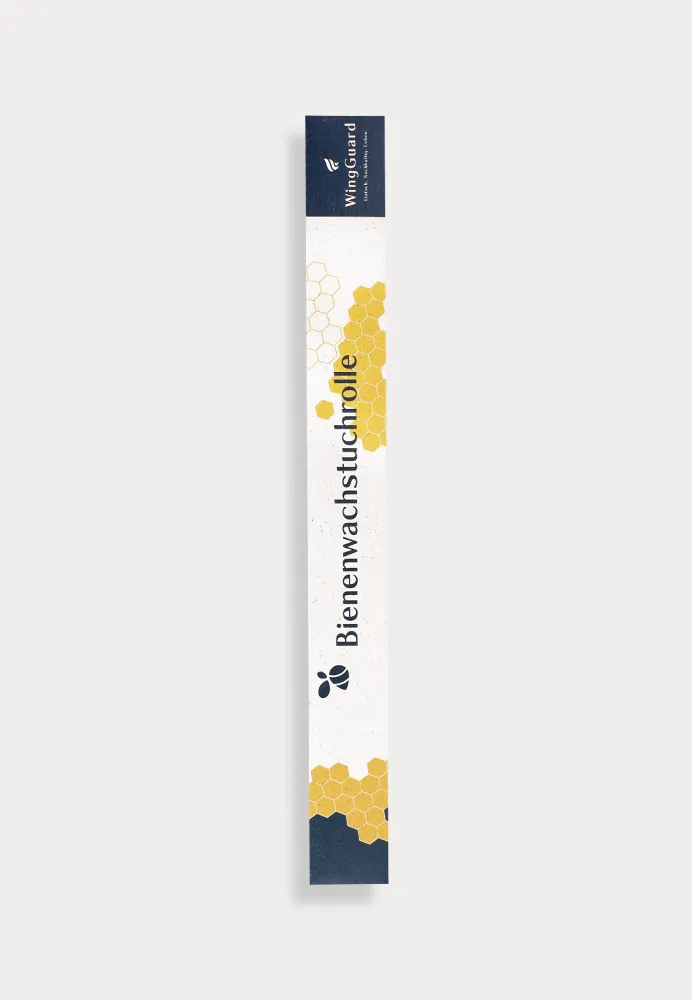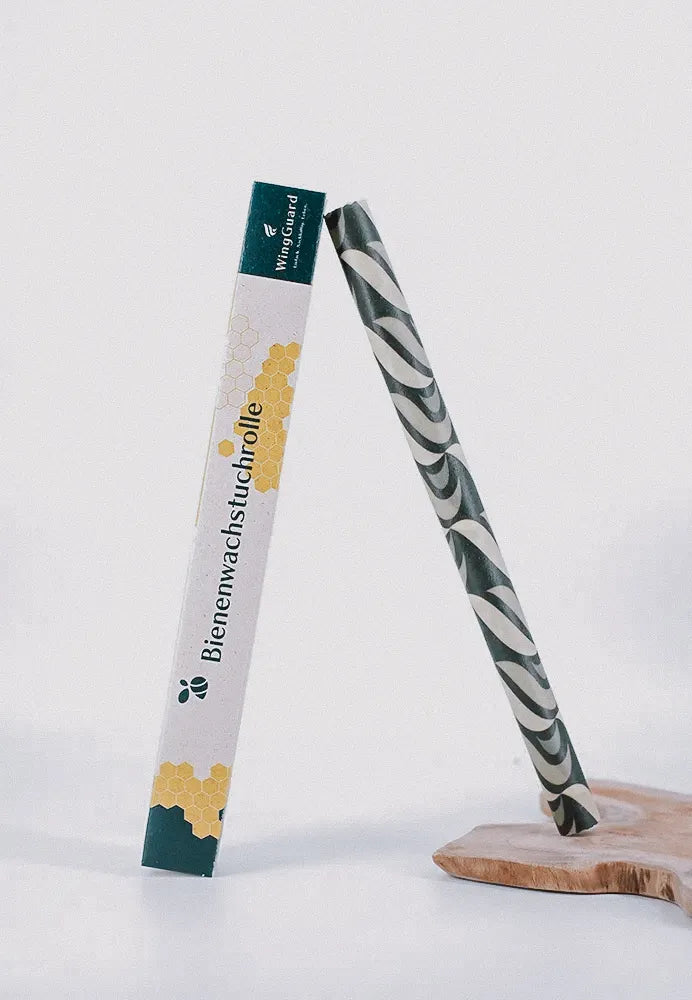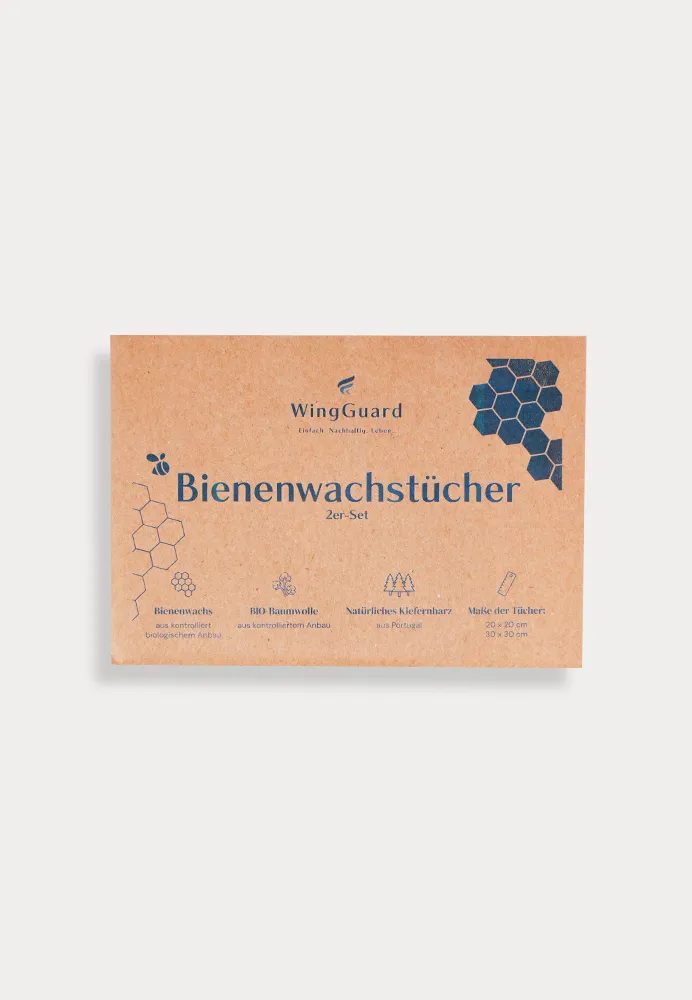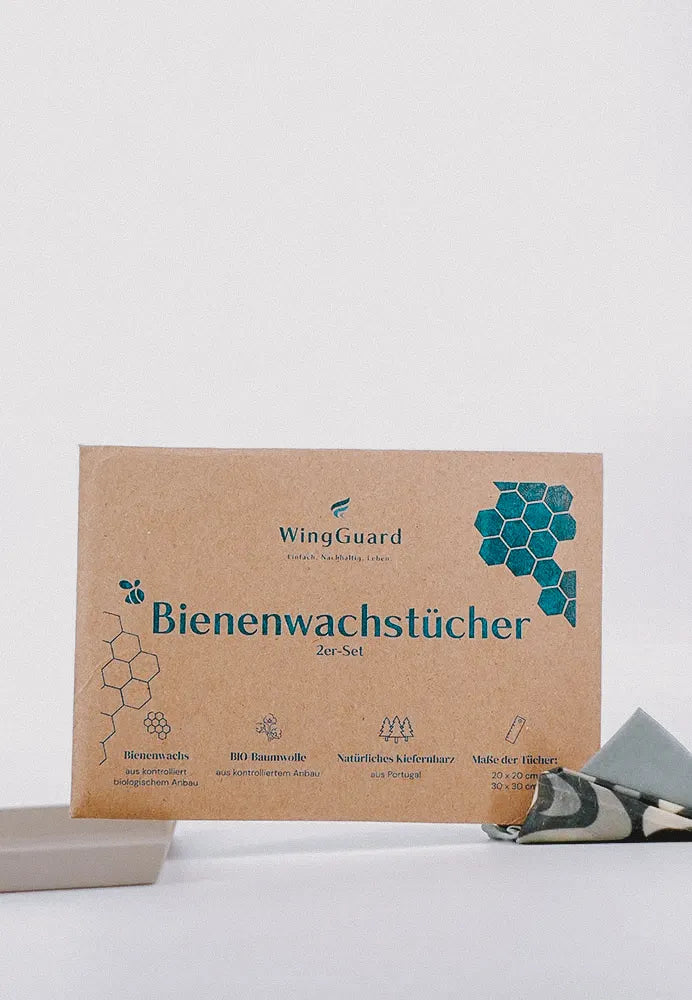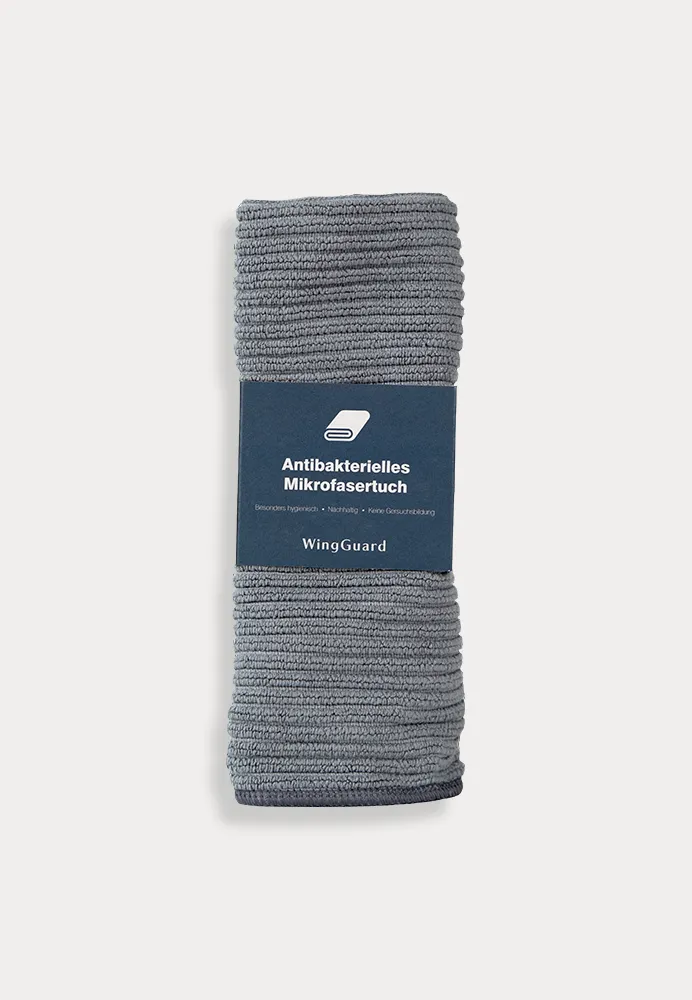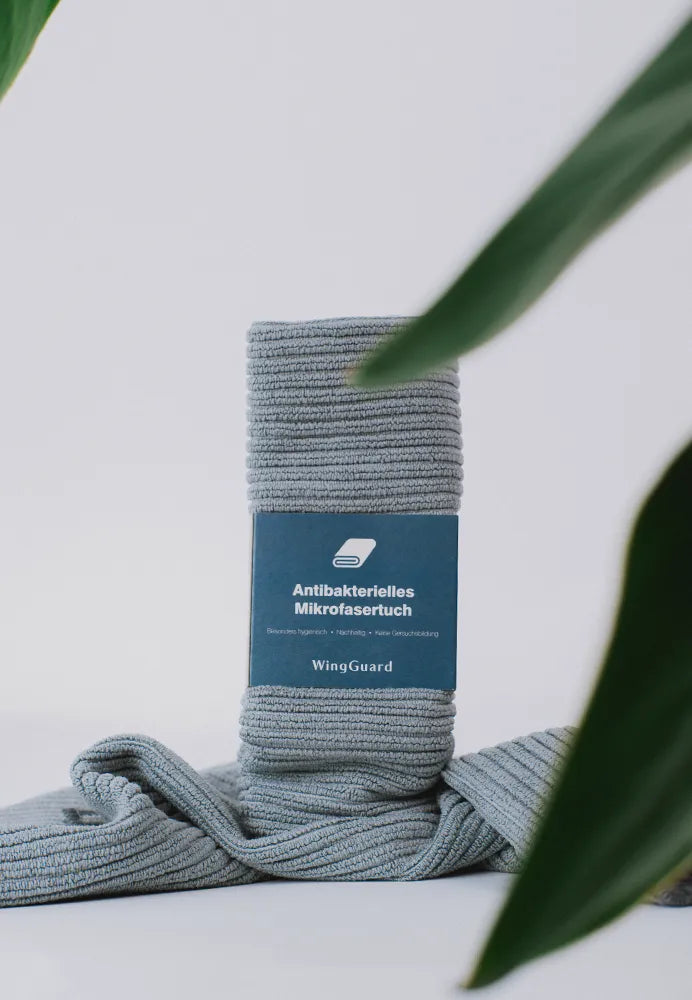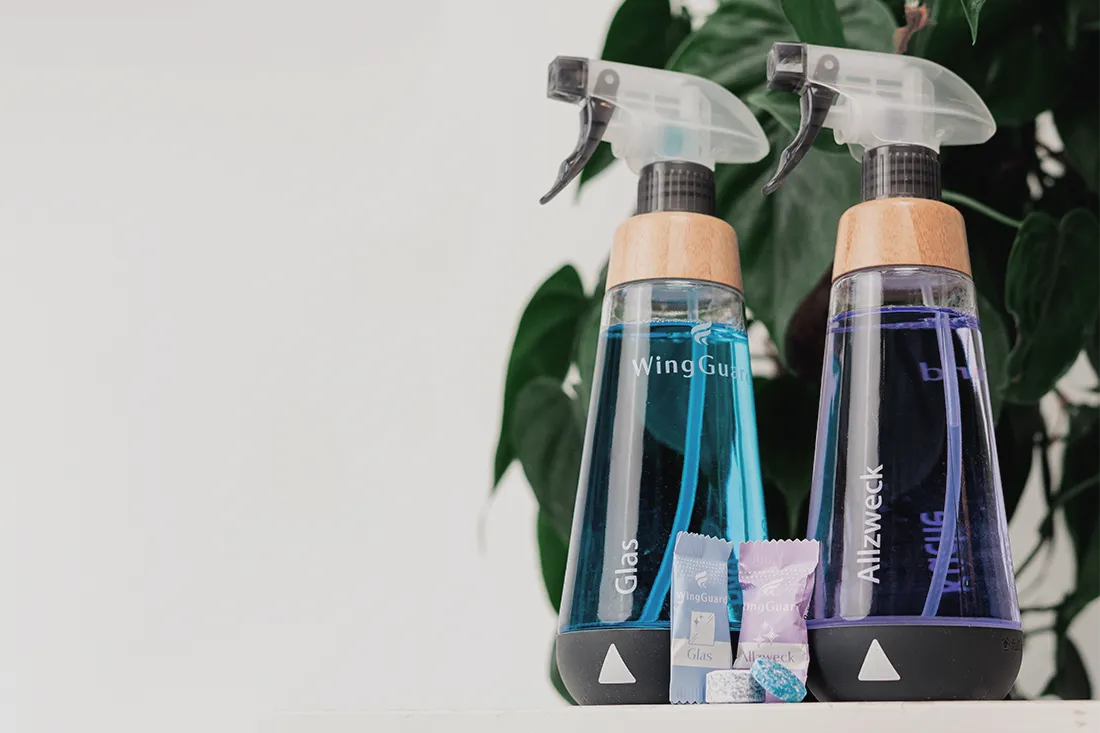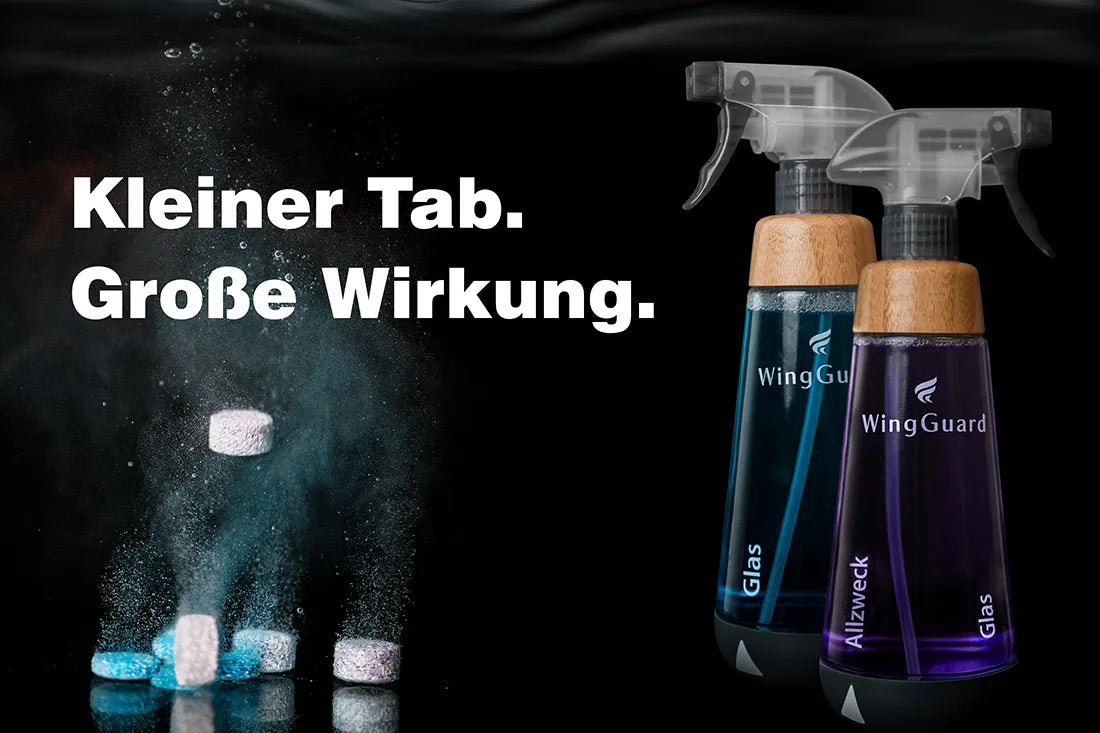The advantages are obvious: Less outer packaging is produced, which means that fewer raw materials are used and more waste is avoided. In addition, because there is no packaging material, refill packs are cheaper to buy and have a lower overall weight, which means that CO2 can be saved during transport.
However, the refill principle can come in different shapes and forms. That's why we want to use a few product examples to show you which types of refills are already available and how they work.

Refill deodorant
We can only urgently advise you against spray deodorants for several reasons. The deodorants not only generate a lot of waste, but due to the propellant gases and aluminum salts used, they are also potentially harmful to health and not particularly economical.
The deodorant manufacturer Wild therefore relies on high-quality and reusable aluminum packaging that you can theoretically use forever. All you have to do is buy the paper-packaged deodorant stick to reload the aluminum cover. So you don't have to throw away a metal or plastic packaging every time your deodorant is used up.

Cleaning tabs
Cleaning tabs are the future of spring cleaning (and of course every other season too 😉). The small tabs are a sustainable alternative to liquid cleaning agents that are usually sold in plastic bottles. That means you usually transport a lot of water around, which is not only annoying, but also harmful to the environment (because more weight = more CO2 emissions); and on the other hand you throw an intact plastic bottle in the garbage every time.
If you switch to tabs, on the other hand, all you need is a glass bottle , a small tab that weighs nothing and is wrapped in paper, and a little tap water. Not only do you save on CO2 and plastic waste, you also no longer have to carry liquids around. So a win-win-win situation. 😊

Tea lights in the glass
Tea lights are a practical and inexpensive way to fill a room with warm light and coziness. Stupidly, you usually only find the small wax lights wrapped in plastic foil and placed individually in aluminum trays, which - you guessed it - end up in the garbage after only a few hours of burning.
The simple solution? Simply do without the aluminum bowls and plastic foil and instead use small glasses , about the size of an egg cup. This not only looks more stylish, but also saves a lot of avoidable waste. As soon as a tea light has burned out, you can simply add the next one.

Powder-based hand soap
Pulverise works according to a principle similar to that used in the WingGuard cleaning agent tabs. The company offers hand soap that is made on a powder basis. Here, too, no water is used in order to save weight and plastic. Users only have to buy a glass soap dispenser bottle, pour in the soap powder and then fill up with tap water - et voilá, the hand soap is ready!
As you can see, there are various ways to minimize your plastic consumption and carbon footprint with smart refill solutions. Now all you have to do is take the first step and gradually change your consumption. So dare, you will definitely not regret it. 😉
